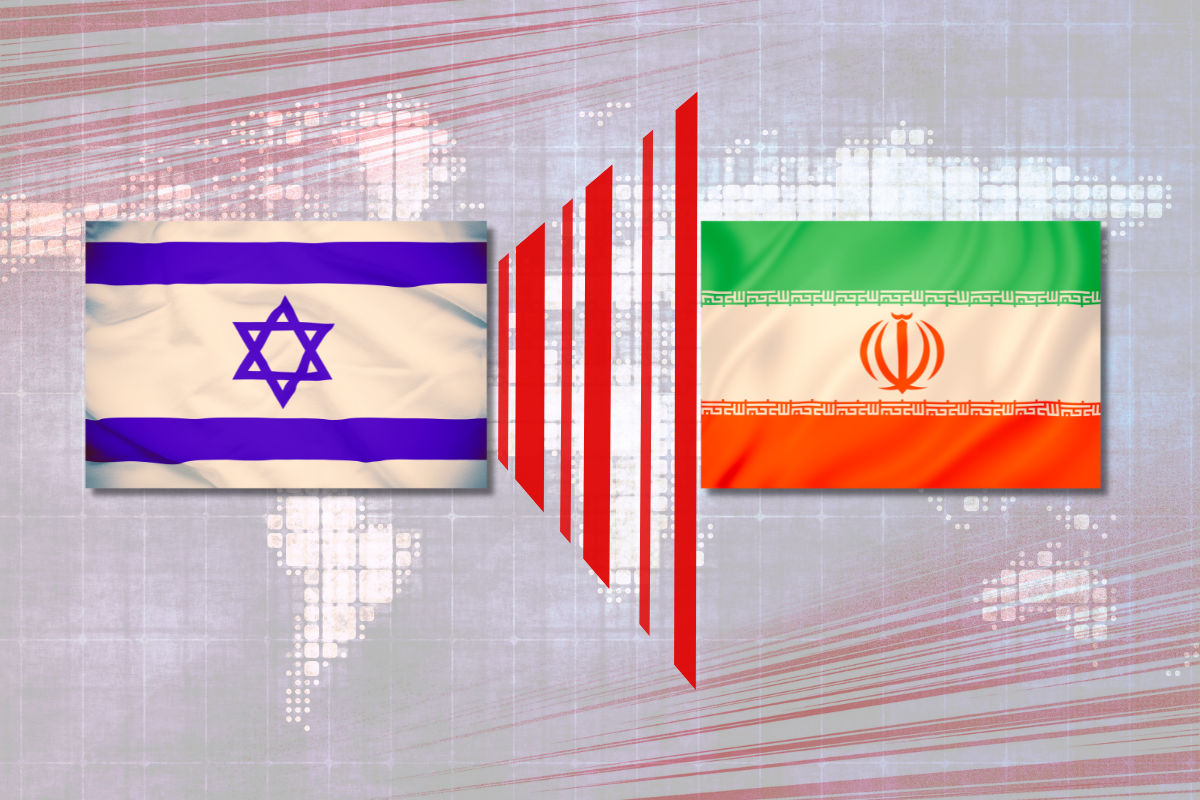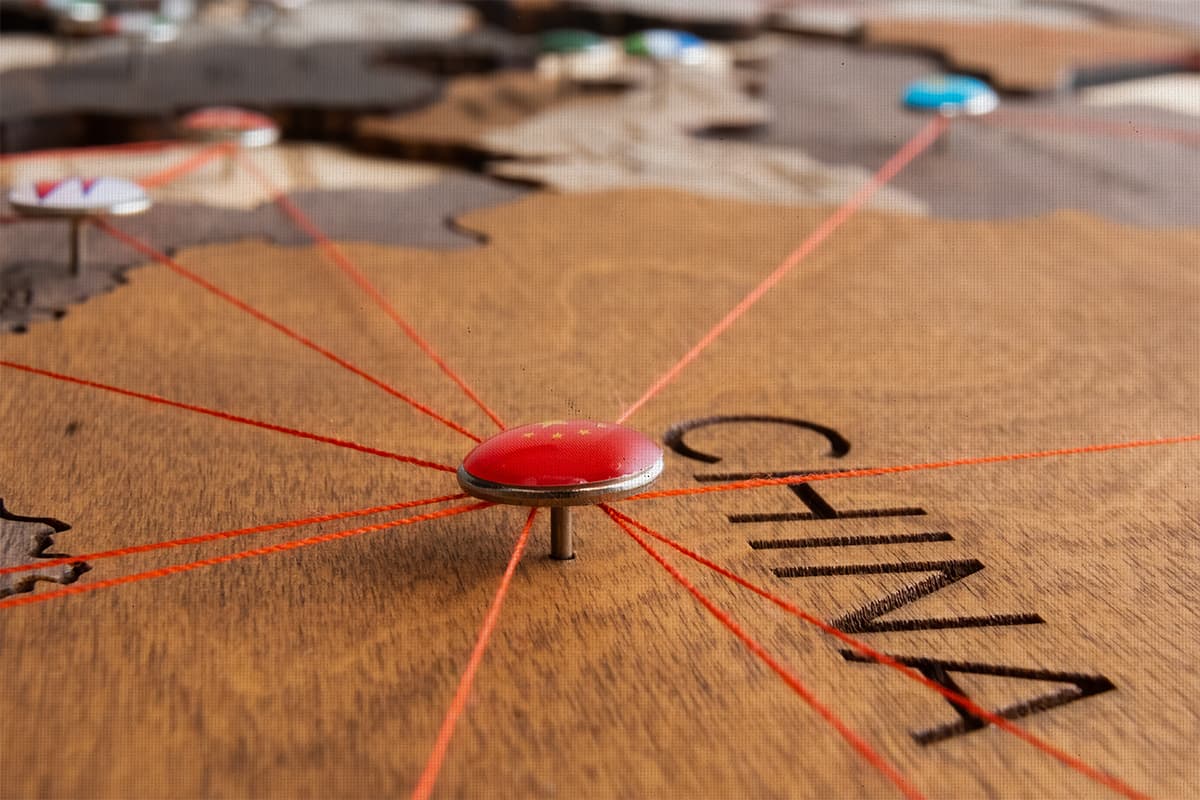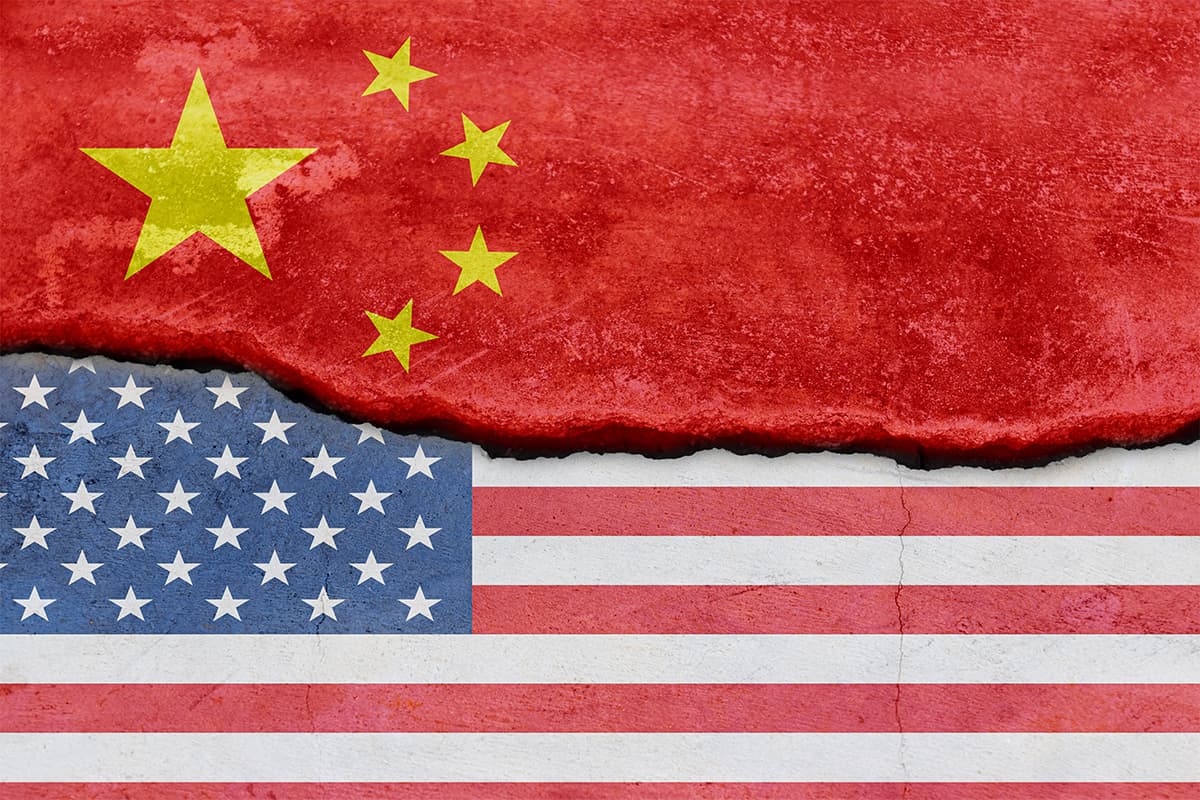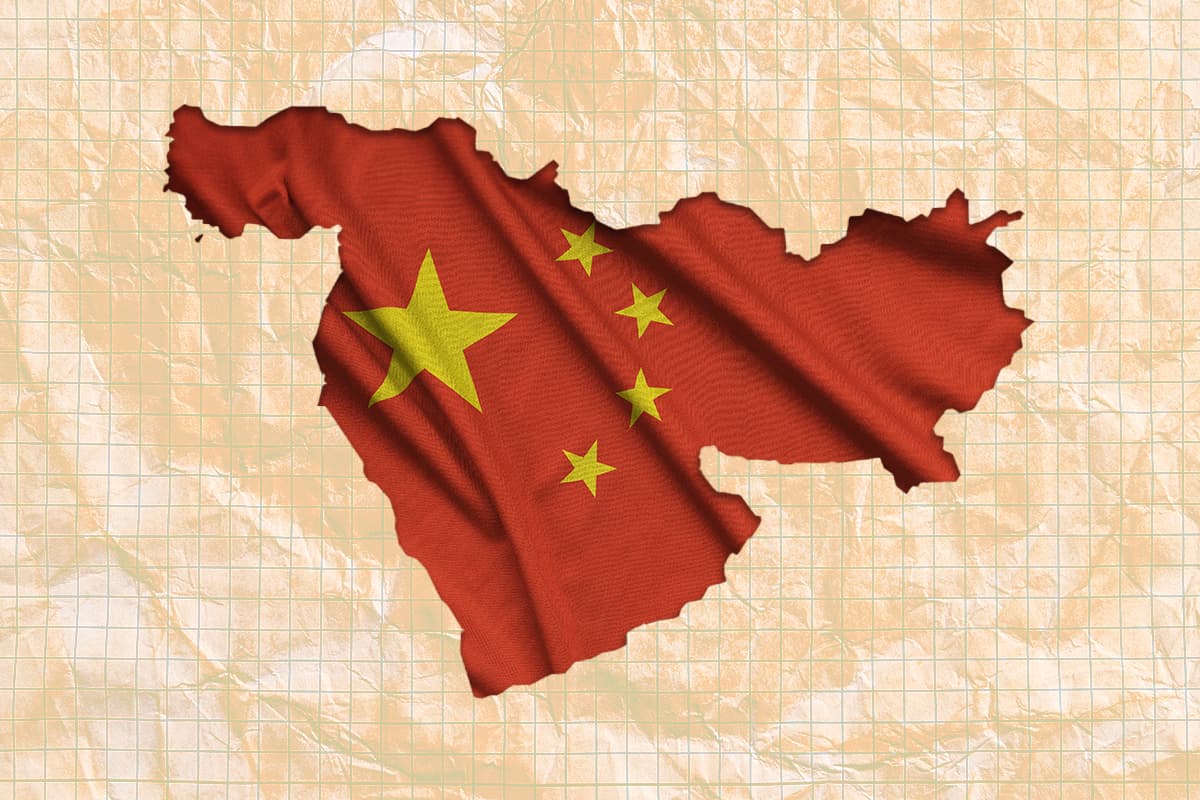According to a report by Reuters citing unnamed Iranian officials, China has threatened Iran with vague consequences to the Sino-Iranian relationship if Chinese interests or Chinese vessels are damaged by the Houthis attacks in the Red Sea. These discussions allegedly took place recently, though the anonymous Iranian officials did not specify where or when. The Chinese did not specify any particular consequences, but according to the source, “Basically, China says: ‘If our interests are harmed in any way, it will impact our business with Tehran. So tell the Houthis to show restraint.’” When asked for comment, Chinese officials offered nothing but boilerplate commentary, and Iranian officials denied the story. The Houthis also had little to offer, saying only that the Iranians had not informed them of any such request, nor would they be likely to comply even if they had received it.
In some ways, this move suggests China is more eager to get involved in regional diplomacy than some analysts have suggested. But it also shows caution in that Beijing continues to rely on diplomatic and economic power over military might, and in the fact that it has threatened nothing specific. China’s fundamental limitations in the region have not changed, and while it may be willing to apply some moderate pressure to Iran, as it has in the past when it canceled oil and weapons deals in the face of U.S. pressure, it is unlikely to take any actions that will fundamentally threaten Iranian security interests.
Chinese Maritime Interests
China’s maritime trade interests are a core reason that it finds itself at odds with the Houthis and their Iranian allies. China is a major player in the global shipping industry and the crisis has caused delays and mounting costs for Chinese transportation companies, regardless of the Houthis’ guarantees of safety. As costs mount amid a looming property crisis in China, Beijing is doubtless eager to ease the economic pain before it gets worse.
China’s interests in the Red Sea and the Suez Canal shipping lanes in particular only add to Beijing’s worries. Chinese state-owned enterprises own stakes in two strategic ports in Egypt, while private interests operate two others and are about to open a third. Sixty percent of Chinese trade to Europe passes through the canal, representing one-tenth of the global traffic coming through each year. China has long had a focus on Egypt as one of the major poles of its economic projects in the Middle East, and Chinese companies have invested over $8 billion into Suez Canal projects in the last few months alone. Protecting these investments from either the collapse of trade routes or the damage that could be done by a wider conflict is of primary concern to the Chinese state.
Military Concerns
China’s presence in Egypt and the nature of its semi-private business ventures has also raised questions about the unclear relationship between private and military use. PLA Navy warships use Chinese-operated ports worldwide for repairs and maintenance under the guise of technical stops. China’s naval strategy, revealed in 2015, emphasizes expanding the PLA Navy’s reach beyond “near seas” to include global maritime routes without overtly designating overseas facilities as military bases. This blurred distinction between civil and military functions means that Chinese commercial interests also have a military dimension, especially in the context of China’s “far seas” naval strategy.
The 2015 “Near Seas Defense and Far Seas Protection” program indicates that one of the main priorities is to focus on expanding the focus of the PLA Navy to protecting China’s economic and security interests by protecting its shipping lanes in the “far seas.” What exactly constitutes the “far seas” is not clearly defined, but the shipping lanes of the Red Sea would most definitely fall under that category. It is important to note that this is a transitional strategy, meaning that the Navy is currently in the process of implementing it. In other words, one should not expect to see China’s navy carrying out major military operations overseas anytime soon. This is consistent with what we’ve seen so far during this crisis. However, the paper makes it clear that the Chinese state considers keeping global shipping lanes open a key security objective, as well as an economic necessity.
Fire or Smoke?
While China has not formally commented one way or another, Tehran has completely denied the reports that the Chinese made such a request. Naser Kan’ani, spokesperson for the Iranian ministry of foreign affairs, said on 29 January he was unaware of the origin of the claims. He said the Chinese had been clear in their opinion that “the developments in the Red Sea are simply consequences of the injustice that we witness in Gaza,” and that the two states “have consistently demonstrated their commitment to regional and international justice, peaceful resolution of disputes and conflicts, and opposition to tension.”
It is certainly possible that such a claim originated from Iranian officials opposed to their country’s relations with China, or U.S. officials frustrated by their failure to harangue China into increasing the pressure on Iran. China has long been reluctant to explicitly threaten to upset relations, but it also has a history of signing and reneging on agreements with Iran in accordance with its political objectives. In some ways, this fits with their longer pattern of drawing a red line at disrupting the international system. It also is likely motivated in part by a desire to cooperate with the United States on issues where their core interests are aligned, and China is very motivated to end the conflict by non-military means now that the United States and Iran have been inching closer and closer to a major confrontation.
For its part, the United States seems to be taking a pessimistic view of its apparent success in getting China to pressure Iran, at any rate. The subject was raised during a series of meetings between U.S. National Security Advisor Jake Sullivan and Chinese Minister of Foreign Affairs Wang Yi in Bangkok over the weekend. U.S. officials seemed pessimistic that Beijing would be willing to use any meaningful leverage with Iran. One senior official told reporters for Newsweek, “Beijing says they are raising this with the Iranians … but we’re certainly going to wait before we comment further on how effectively we think they’re actually raising it.”
In any event, given the undeniable fact that reining in the Houthis has been a subject of discussions between Beijing and Washington, and the obvious threat of Houthi actions to China’s maritime interests, there is probably some truth to the Reuters story, and China’s pressure on Iran is a result of a mixture of concern for its own interests and, at a minimum, encouragement from the U.S.
Mare Incognitum
With all the talk of its rise in the past couple of decades, it’s easy to forget that China is a relative newcomer to geopolitics with a military dimension outside its immediate Indo-Pacific backyard. As Beijing’s ambitions and interests move farther afield, it finds those ambitions and interests becoming more conditioned and subject to reassessment and adjustment as it balances economic, military, and diplomatic resources. China’s leadership is undoubtedly asking: How much influence do we really have over Iran? At first glance, it would appear that the influence is considerable. China is Iran’s main trading partner and purchases 90 percent of its oil, supplies it with a significant amount of military and surveillance technology, and is an investor in a number of large Iranian projects. On the other hand, Chinese investment in Iran is limited overall, and China is not likely to undertake actions that will threaten Iran’s core interests like cutting off military supplies or oil imports entirely.
In short, while China may be increasing its diplomatic pressure on Iran, it remains unclear to what extent this is going to translate into real pressure, or indeed if it is even happening at all. While projects like Chinese investment in the Imam Khomeini Airport and future investment in oil projects might be at risk, the larger contours of the Sino-Iranian relationship are likely to remain intact. China’s diplomacy continues to be fundamentally cautious, eschewing calls to become further involved in the region militarily and only threatening to wield its economic might in a strategic way if absolutely necessary.






